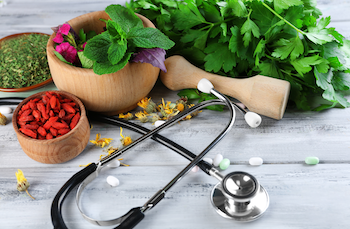If you have a chronic health condition, or have been suffering with pain and inflammation, you may have been advised to follow an ‘anti-inflammatory diet’. This is a diet aimed at reducing your overall levels of inflammation and is a much healthier and more sustainable approach than relying on anti-inflammatory medication. So what food should you eat, what foods should you avoid, and who should be looking at following it?
Background:
Many popular diets already adhere to anti-inflammatory principles. For example, both the Mediterranean diet and the Dietary Approaches to Stop Hypertension (DASH) diet include fresh fruits and vegetables, fish, whole grains, and fats that are good for the heart.
For example, research suggests that the Mediterranean diet, focusing on plant-based foods and healthful oils, can reduce the effects of inflammation on the cardiovascular system.
Learn more about the Mediterranean diet here.
Research also showsthat the DASH diet can have a positive impact on reducing inflammation markers compared to regular diets. The DASH diet may also have additional benefits in inflammatory arthritis conditions, such as lowering uric acid levels, which are a risk factor for gout.
The kind of conditions that involve inflammation include:
- rheumatoid arthritis
- psoriasis
- asthma
- esophagitis
- Crohn’s disease
- colitis
- inflammatory bowel disease (IBD)
- lupus
- Hashimoto’s thyroiditis
- type 2 diabetes
- obesity
- high blood pressure
- cardiovascular disease.
An anti-inflammatory diet should combine a variety of foods that:
- are rich in nutrients
- provide a range of antioxidants
- contain healthful fats
Foods that may help manage inflammation include:
- oily fish, such as tuna and salmon
- fruits, such as blueberries, blackberries, strawberries, and cherries
- vegetables, including kale, spinach, and broccoli
- beans
- nuts and seeds
- olives and olive oil
- fiber
The authors of a 2017 article also recommended the following:
- raw or moderately cooked vegetables
- legumes, such as lentils
- spices, such as ginger and turmeric
- probiotics and prebiotics
- tea
- some herbs
It is worth remembering that no single food will boost a person’s health. It is important to include a variety of healthful ingredients in the diet.
People who are following an anti-inflammatory diet should avoid or limit their intake of:
- processed foods
- foods with added sugar or salt
- unhealthful oils
- processed carbs, which are present in white bread, white pasta, and many baked goods
- processed snack foods, such as chips and crackers
- premade desserts, such as cookies, candy, and ice cream
- excess alcohol
Some people may also have intolerances to specific foods, meaning that eating them can cause inflammation and other adverse effects. Common intolerances include:
- gluten
- dairy
- nightshade vegetables
- cruciferous vegetables
Reference: https://www.medicalnewstoday.com/articles/320233#foods-to-limit





